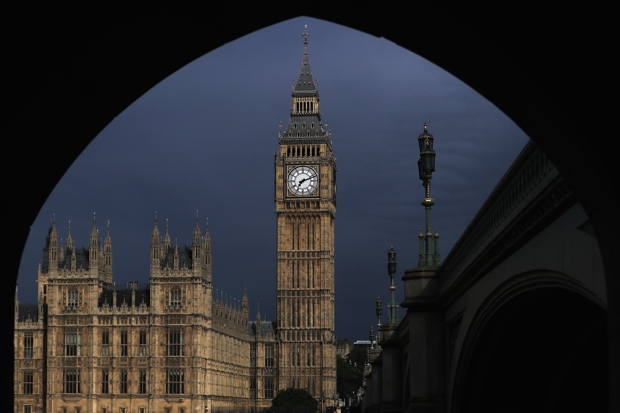One of the big political rows of the autumn will be over the proposed changes to constituency boundaries. Labour is unhappy about this (and everything else) because the proposed changes could lose the party around 30 seats which it could ill afford at the best of times. And this is the worst of times. But though the recalculation will help the Tories, there are nerves about whether every Conservative MP who wants to stay in Parliament will be guaranteed a seat.
There are also grumblings that this change is not being proposed alongside a reduction in the number of ministers, which will make the executive loom even more powerful in Parliament, thereby weakening the legislature’s ability to scrutinise and hold ministers to account. Neither are there any plans to reduce the number of peers, which means the elected House of Commons will shrink while the unelected House of Lords remains bloated.
Since the legislation which allows the government to reduce the number of parliamentary constituencies from 650 to 600, the Parliamentary Voting System and Constituencies Act, passed, 144 new peerages have been created, taking the number of peers currently eligible to sit in the House of Lords to 796.
Though the Conservatives have made some changes which can help cut the number of peers, such as the ability to take voluntary retirement, there are currently no plans to force a reduction. This doesn’t quite seem fair: if ministers are to make the case for improving democracy by cutting the number of MPs and equalising the site of constituencies so that Labour loses its current electoral advantage whereby its MPs tend to have fewer voters in their constituencies than Conservatives do, then surely they should take the opportunity to check the health of the other aspects of our democracy. Of course, they won’t, because when it comes to the constituency boundaries, Tory ministers are the turkey farmers, rubbing their hands together with glee at the approach of Christmas, but reducing the size of the executive is rather less attractive. Anything involving proper reform of the House of Lords is just a bit of a palaver. And though some Conservative MPs who worry about the power of the Commons are privately disappointed that they will be required to vote on something they don’t think is quite as good as it should be, they are keen to help Theresa May make a success of her premiership, at least for the time being, and so won’t cause a fuss. Which is a shame, as it is really rather difficult to justify why one reform should go ahead while another won’t.







Comments